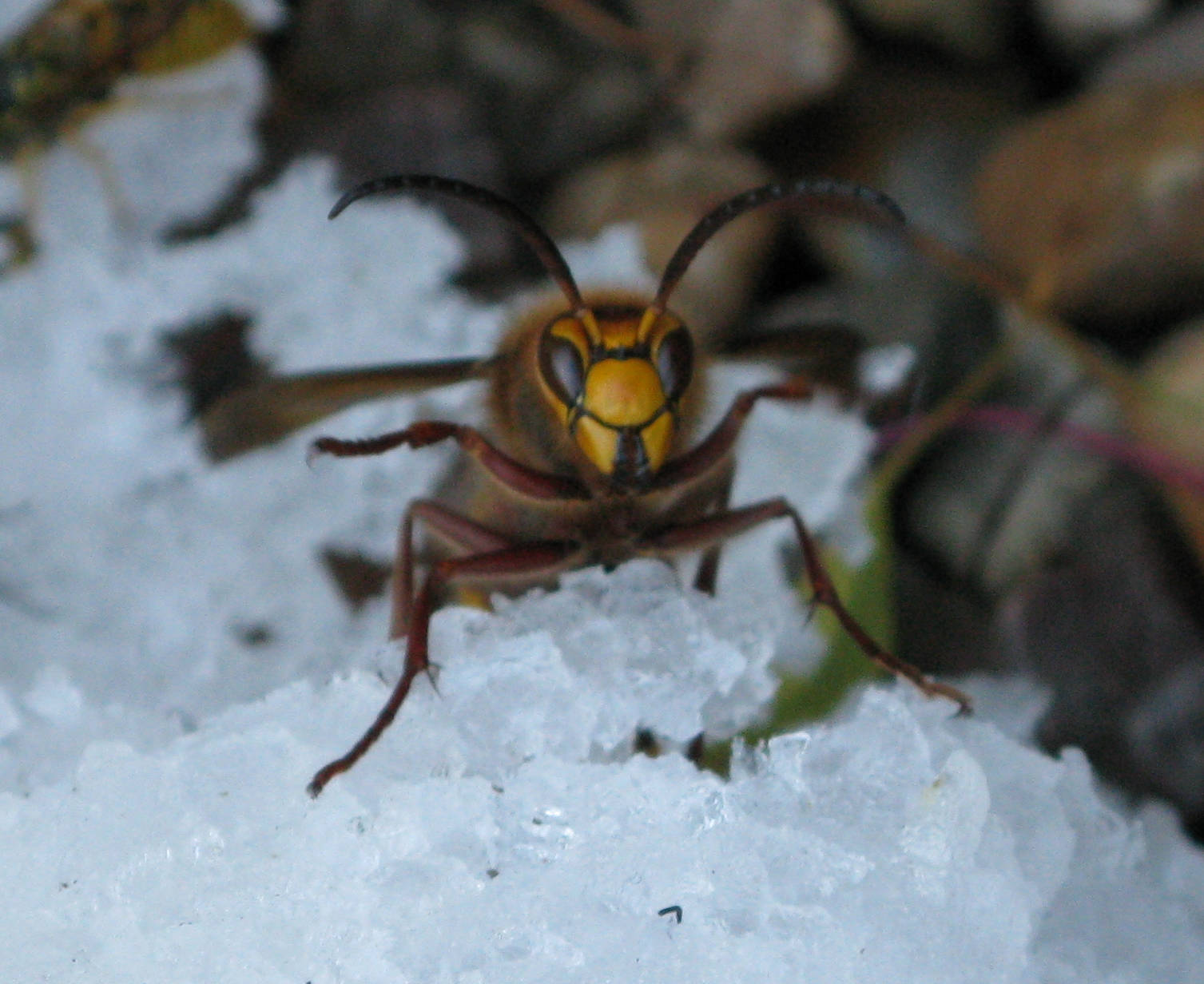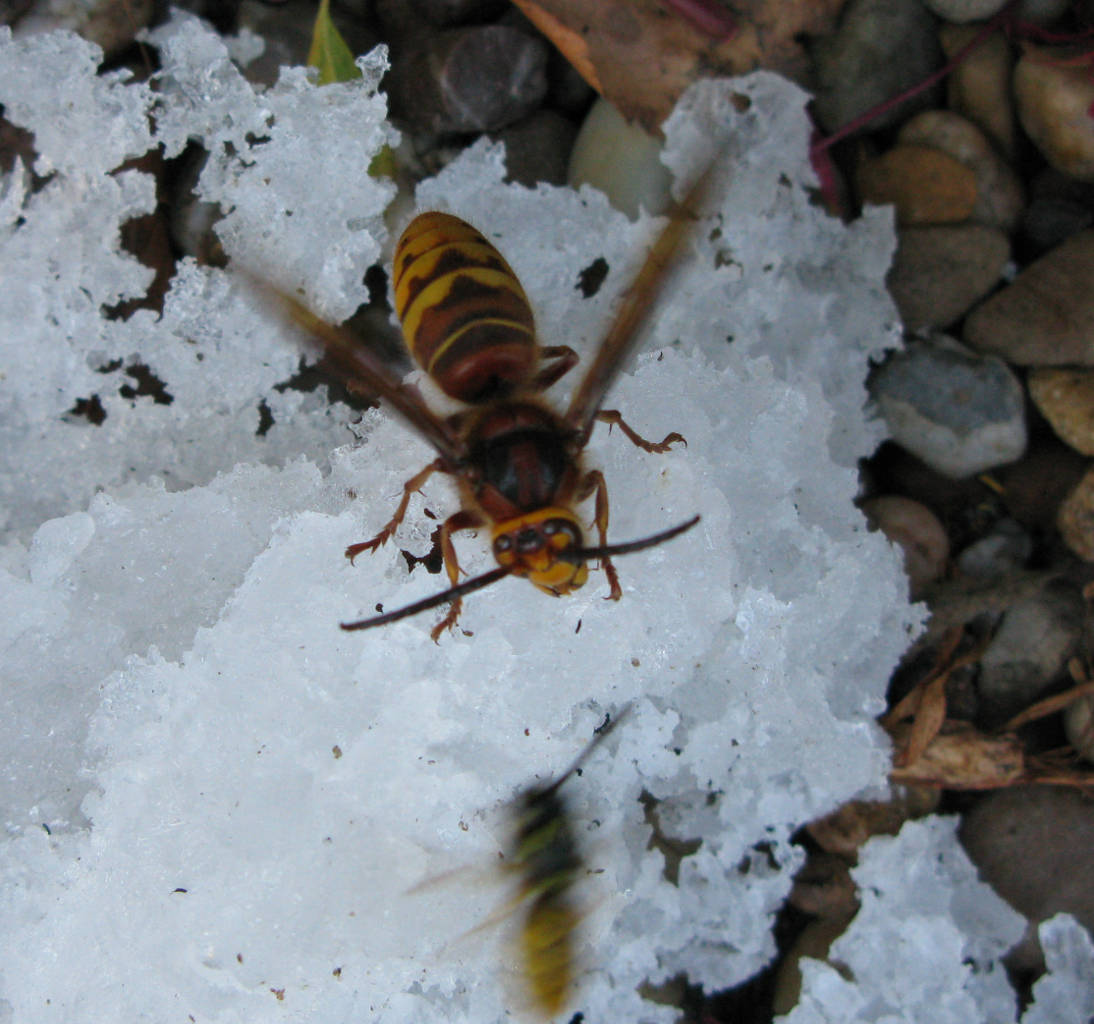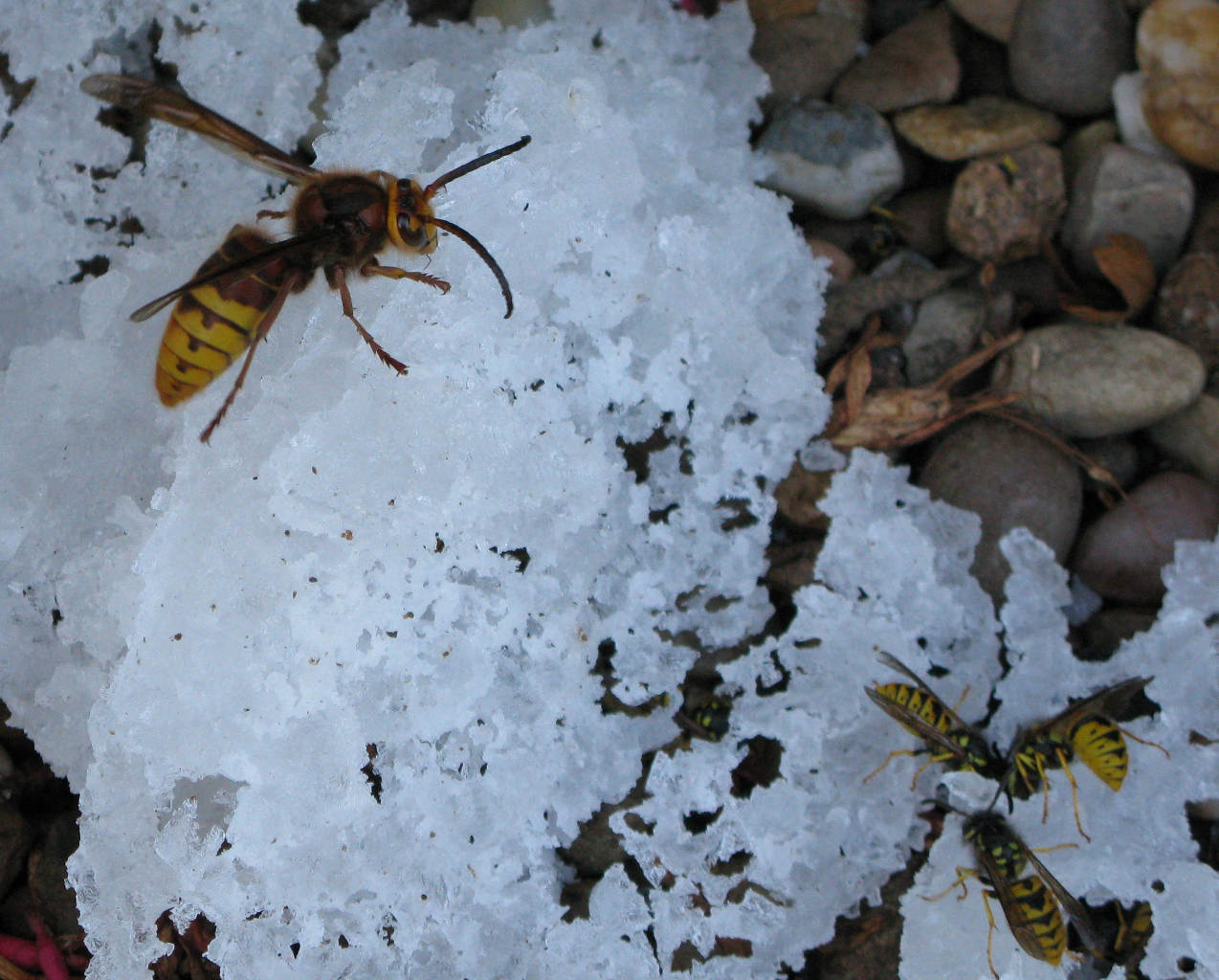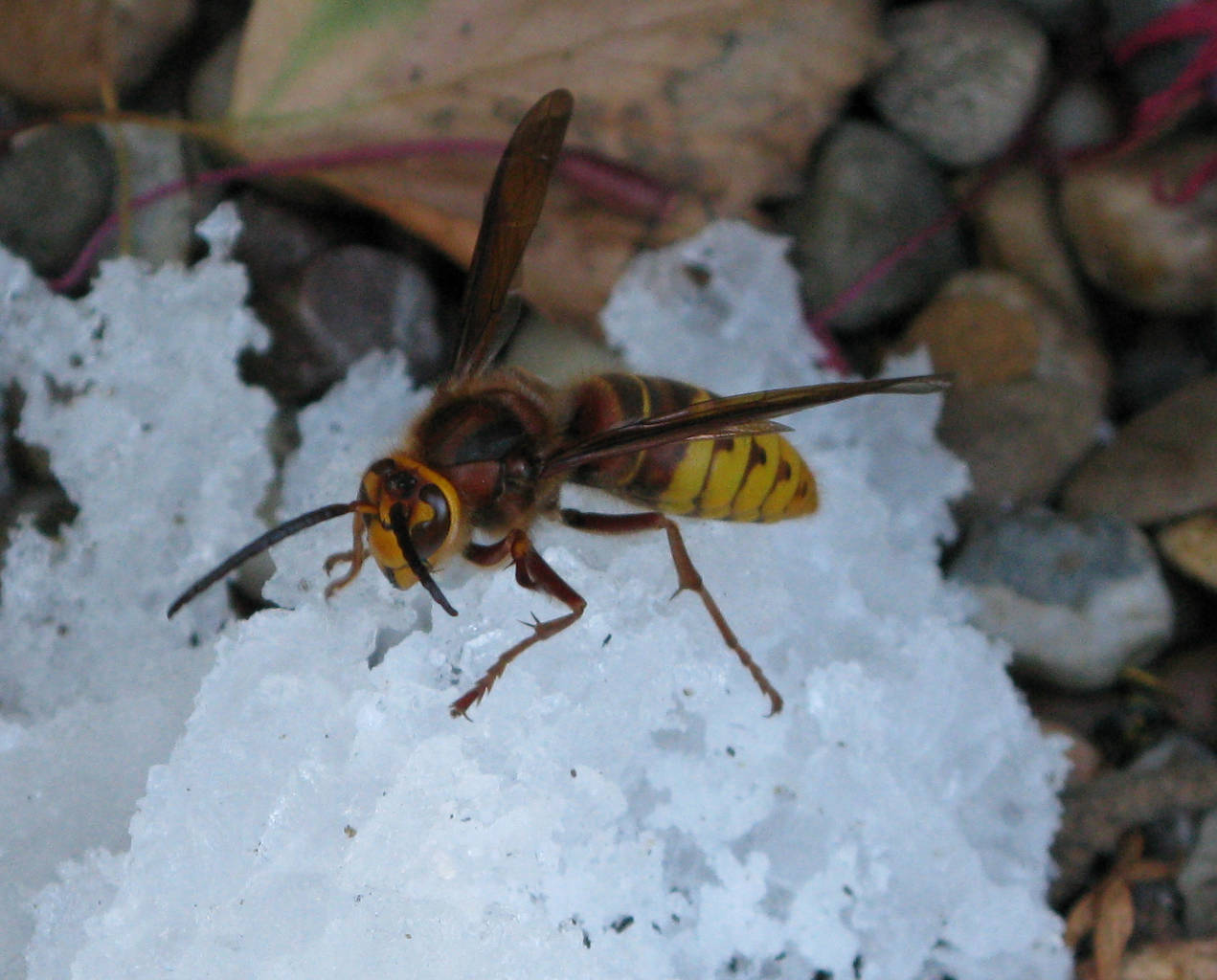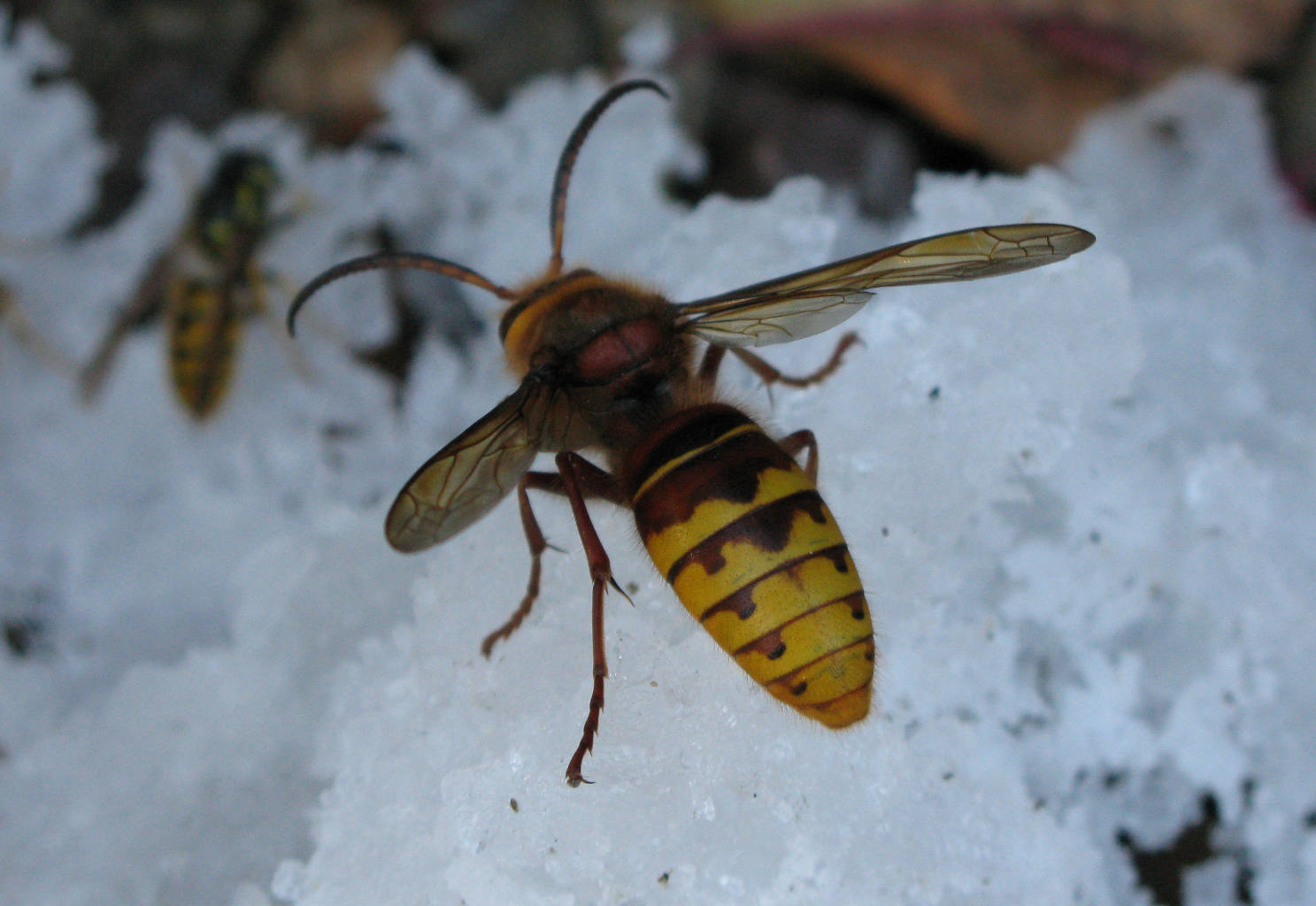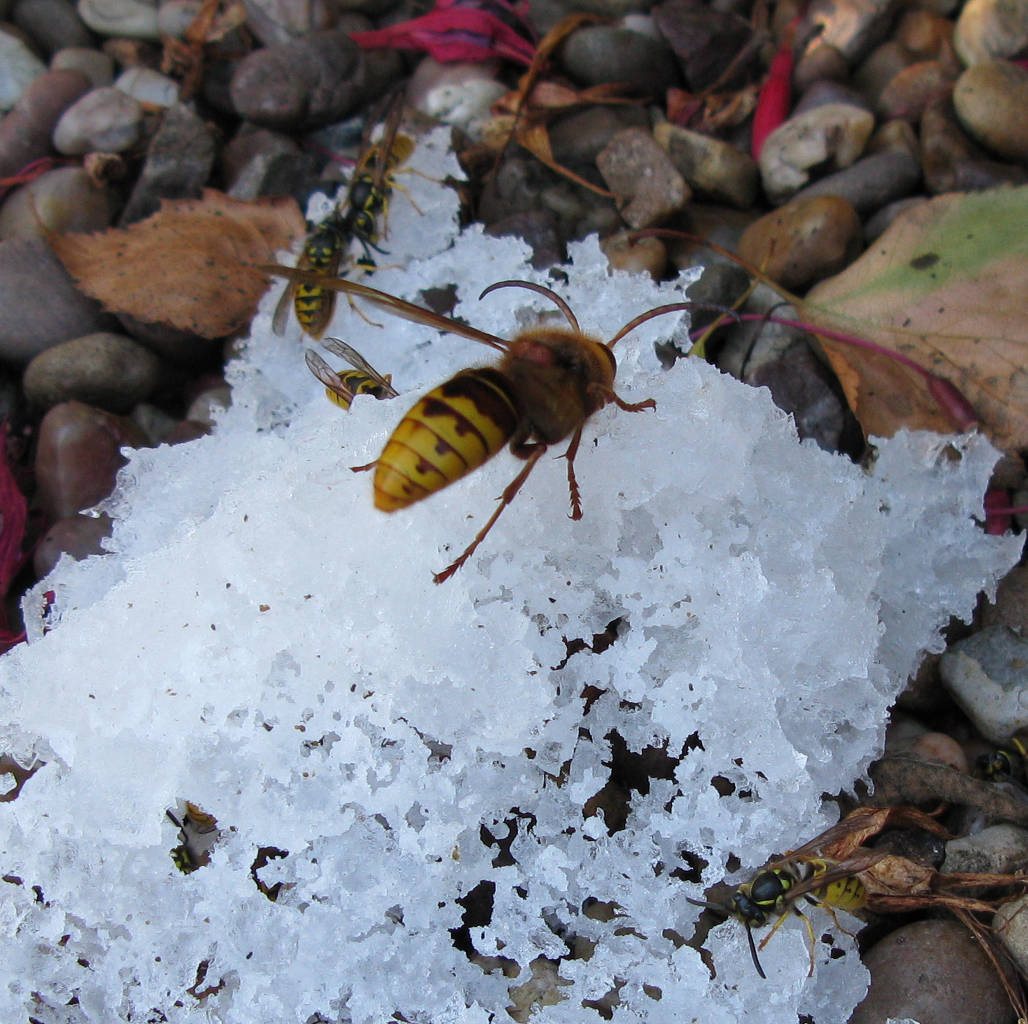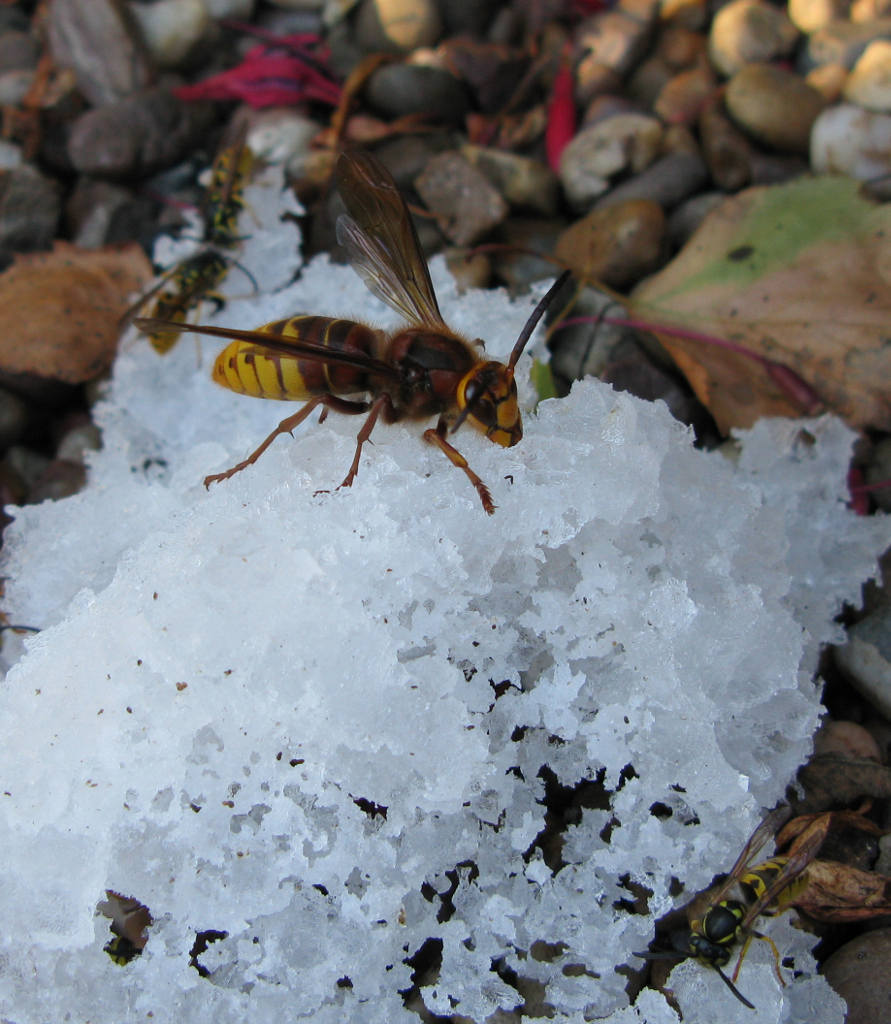Show me a single study which proves that the source of the carbohydrate in wasp crops didn't originate from feeding from grubs from within the nest and that the 'carbohydrate' foragers hadn't actually departed the nest with the carbohydrates already on board!
I see a lot of truth in some of your ideas but for me they fall down when you seem to work in absolutes rather than the reality that biological systems generally operate in bell curves.
It seems obvious to me that as the wasp nests mature and less grubs are layed up the proportions of adults to grubs will change gradually, forcing more adult wasps to go carbohydrate hunting rather than them all taking their feed from grubs, and then all switching to hunting for carbohydrates, which seems to be what you are suggesting.




